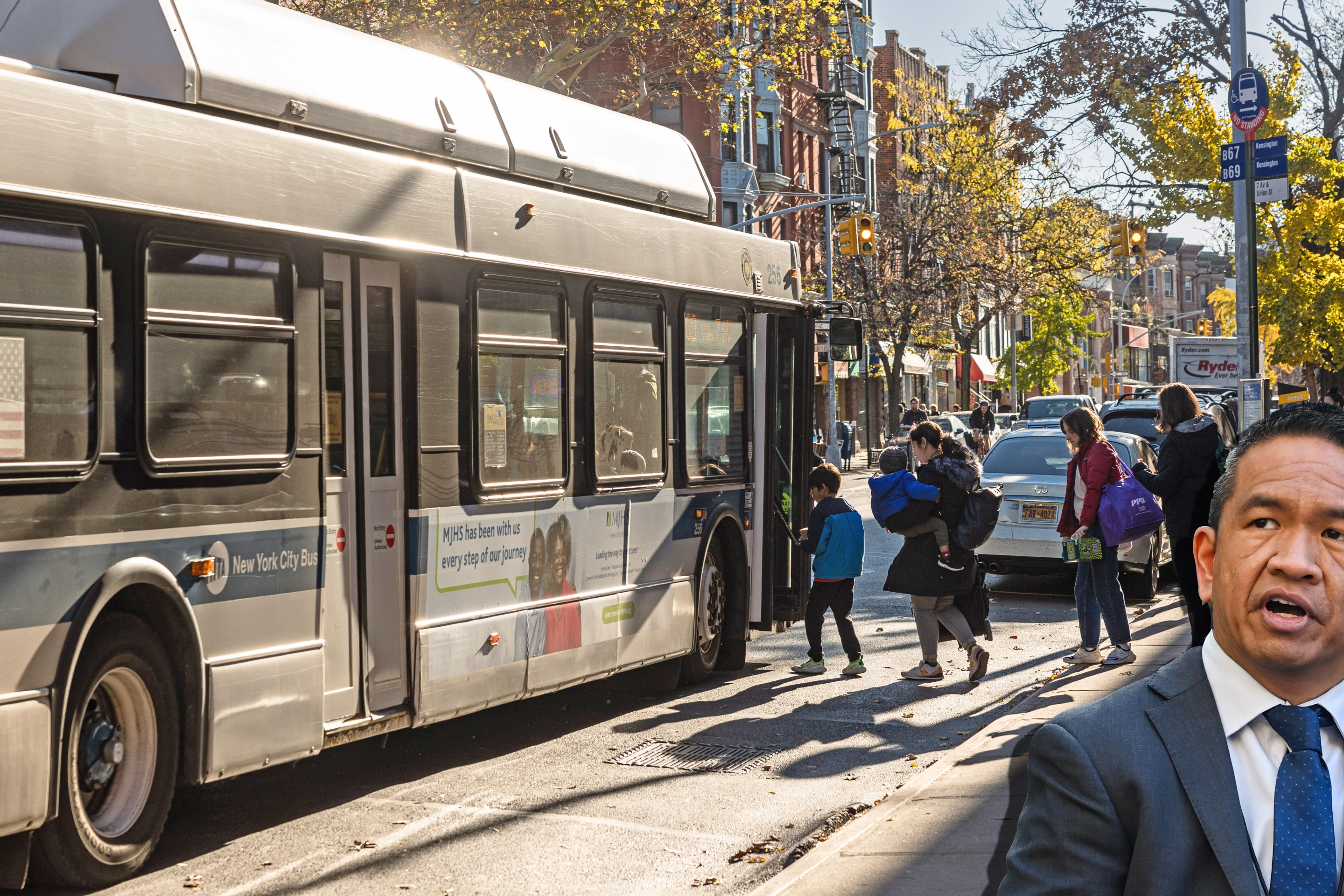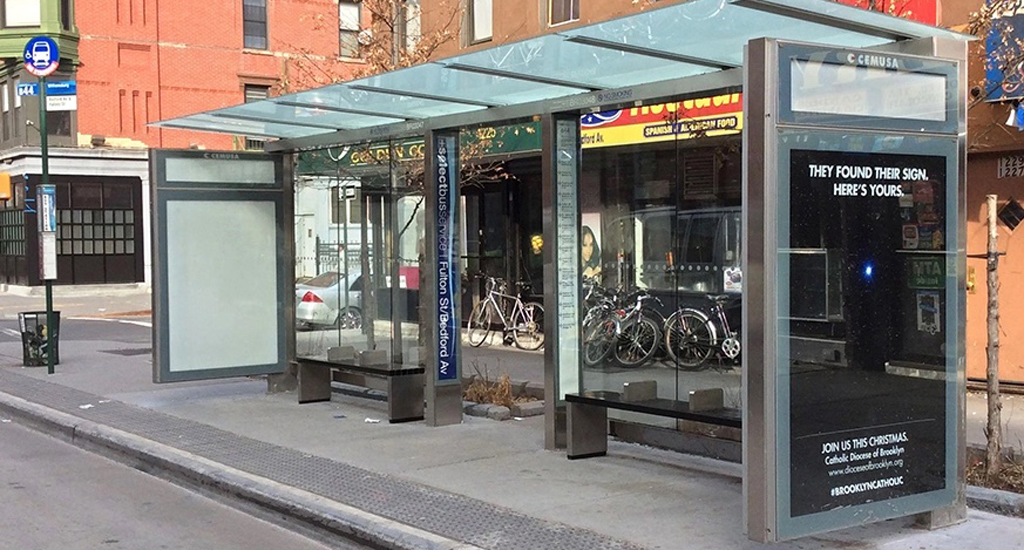Governor Andrew Cuomo's 2012 budget, released this afternoon, offers what now passes for good news for transit: maintenance of the status quo.
The budget breaks the three-year streak of raiding dedicated transit funds to patch up the state's deficit, and it restores the hundreds of millions of dollars that Albany cut from the MTA's payroll mobility tax, for the time being. This budget also adds $770 million in badly needed but expected funding for the next three years of the MTA capital plan (only the first $150 million will be disbursed this year).
Transit riders are hardly in the clear, however: Included in the budget bill is language that would raise the MTA's debt limit by $7 billion, which the state has to do because so much of the transit agency's capital program remains unfunded.
For now, the Cuomo administration is honoring its various promises to transit. Unlike last year, when the administration stole $100 million from dedicated transit funds, every dedicated transit tax dollar is headed where it's supposed to go.
And while Cuomo cut the dedicated payroll mobility tax by $320 million a year in December, the executive budget makes the MTA whole. Of course, the trouble with cutting a dedicated tax is that transit riders are reliant on future governors and legislatures to reimburse the MTA each year in perpetuity.
The $770 million capital plan contribution, while significant, only means the MTA will be treading water. That contribution, though it hadn't been made official by the state before today, was one of many assumptions built into the MTA's plan for the remaining three years of its capital program, according to Charles Brecher of the Citizens Budget Commission. While sizable, it doesn't make the MTA's long-term financial situation any less dire.
Even if all the other optimistic assumptions built into the MTA capital plan come true, and that's a long shot, the transit agency will still be up to its ears in debt. According to a recent report from State Comptroller Tom DiNapoli's office, which factored in assumptions like this $770 million state contribution, the current capital plan will rely more heavily on borrowing than any in the MTA's history. As a result, riders will eventually pay for ever-larger debt payments with higher fares or reduced service.
It's no wonder, then, that the budget also includes an increase in the MTA's debt ceiling. Currently the MTA is allowed to carry $34.9 billion in outstanding debt; the increase would allow the MTA to borrow up to $41.9 billion. As the state budget documents note, the MTA's debt limit is usually raised once for every five-year capital plan: It was raised in 2000, 2006, and 2010. This increase, however, is the second for the 2010-2014 program. All told, the MTA's debt ceiling will have swelled by $13 billion to accommodate all the borrowing brought on by the state's unwillingness to fund transit.





